What follows is a spoiler laden discussion of the book Flowers for Algernon. Beware if you’re worried about such things.
 Tying with Babel-17 for the Nebula in 1966, Flowers for Algernon by Daniel Keyes tells the story of Charlie Gordon, a man with an IQ of 70 who works in a bakery, and how his life changes when he undergoes a procedure to increase his intelligence. He learns to look at his former life differently, even as he tries to fit in with the people around him as his intelligence catches up to theirs and even surpasses it.
Tying with Babel-17 for the Nebula in 1966, Flowers for Algernon by Daniel Keyes tells the story of Charlie Gordon, a man with an IQ of 70 who works in a bakery, and how his life changes when he undergoes a procedure to increase his intelligence. He learns to look at his former life differently, even as he tries to fit in with the people around him as his intelligence catches up to theirs and even surpasses it.
J: I think I may’ve read the novella (was it a novella?) version of this in high school. And only a couple of years ago, I read the novel. So here I was reading it again! But while I remembered the generalities, I didn’t remember the specifics. So it wasn’t too bad reading it again.
K: I also found I had a very poor memory of the story. The vast majority of it seemed new, even though I remembered the basic plot structure. I could have sworn I’d read the novel version, but honestly I have no idea given how little of it I apparently retained. I guess that’s understandable given that it must have been 20 years ago, but I was a bit surprised.
J: Yea, that idea occurred to me briefly too. That maybe I’d missed something before.
K: I do remember reading it very quickly last time. I’m not sure why. I think the subject matter — someone gaining intelligence only to have it ripped away from him — made me uncomfortable at the time. And as a parent of a multiply disabled child I have to say it made me even more uncomfortable now.
J: I can’t really remember my first reaction to the concept, since it was high school. But I know I wasn’t a fan of the idea. And this reading, I wasn’t reading for enjoyment at all. I was reading it to find fault with it. Mainly in his portrayal of Charlie to start with.
K: I can’t say I was reading to find fault; I was more reading to get through. But I was definitely looking to see if the portrayal felt well-researched and not exploitative in some way. I can’t say my conclusions are definitive in either way. I read that Keyes based Charlie on intellectually disabled children that he had worked with, but somehow what came through to me on the page felt very much like an outsider’s view of mental retardation. What someone -thinks- it must be like. Not necessarily what it really is like.
J: Yea. It kind of made me want to read something(s) actually written by someone of Charlie’s ability. There must be a collection like that out there somewhere, right? Maybe? It’s really easy to fall back on spelling, grammar, punctuation as a ‘gimmick’ to demonstrate it. Like how the movie is called Charly with a backwards r, even though he spells his own name correctly in the book. Same thing with Hagrid, actually. In the movie, it’s made out like he can’t write properly. Nice and visual for a movie, I suppose, but..
K: Yeah. But the backwards letters suggests different disabilities to me than what they were going for in the book. So even though the book is told from Charlie’s point of view, I was suspicious of his point of view at the beginning. It didn’t feel entirely authentic to me. Even though I have no real information upon which to base that opinion.
J: Right. One thing I started to take objection to was that they kept referring to him as like a child. And that just didn’t sound right to me. In one aspect, perhaps, but mostly, no, he’s not like a child, he’s an adult. And although Charlie’s really good at saying the ‘old’ him was a person, he never said he was an adult. He went along with the child analogy.
K: You’re right. I hadn’t really thought about it, but I do wonder about the whole ‘eternal child’ stereotype. In one sense, I suppose, yes, perhaps it’s true that he hadn’t developed emotionally or intellectually the qualities one associates with an adult. But he was an adult physically, working with adults, living with adults.
J: I was about to take objection to his lack of sexual maturity too, but then he’s got some childhood abuse stuff going on there to explain that. Which is a theme I could very well do without.
K: I don’t know. Maybe because I’m looking at this now from a parent’s perspective, but that whole subplot was the most authentic and genuine part of the book for me.
K: Not the whole sexual repression business, but the abuse and the way his family fell apart because of his disability.
J: I’m not saying it was unbelievable, especially at the time he would’ve been a child. Um.. 1940s? It’s just a theme I’m not a fan of in books.
K: I can see that. But while child abuse in general is kind of a popular theme, I think these particular circumstances are not always portrayed very accurately. Keyes did a good job there. The way his mom swung from the extreme of desperately trying to help him no matter what the cost to the other extreme of blaming him for not trying and taking out her frustrations on him — those are feelings I’m very familiar with, unfortunately. Especially with the complete lack o support and services a family at that time would have had. Even today it’s not really a whole lot better. The number of marriages that break down due to a very sick or disabled kid is incredible.
J: I don’t know how personal you want to get, but I think you and Bob are incredible at that. When something new comes up, you find a way to make things work.
J: In Charlie’s situation, from what limited knowledge of PKU I have, Charlie would’ve only been getting worse as a child, rather than improving.
K: Yes, I wanted to talk about that. I was surprised when they mentioned a specific reason for his retardation. My first thought, of course, was better not eat any aspartame.
K: The irony being that PKU can be controlled with diet and people with it can live a normal life if it’s caught when they’re born in an infant screening.
J: It is surprising he named it. And then did some weird pseudo-science handwavey explanation of the procedure. Why not leave it vague if you weren’t going to get very specific?
J: Or maybe the scientific/medical explanation was more explicit than I thought and it only seemed like it wasn’t to me. I know it involved implanting new brain tissue (from where?!) and enzymes, I think…?
K: No, the description of the procedure was oddly specific and vague at the same time. I wasn’t at all clear where the new brain tissue was coming from. But in the manner of speculative fiction, in some ways it almost sounded like stem cells if you took out some of the obviously dated technology.
K: And of course the ‘flaw’ that Charlie discovered really ought to have been that since he didn’t change his diet at all, even his brain transplant should have been damaged directly by his same condition!
J: Heh. Yea.
J: Here’s the quote. “But first, we remove the damaged portions of the brain and permit the implanted brain tissue which has been chemically revitalized to produce brain proteins at a supernormal rate.” And I think that’s pretty much it for explanations!
K: Yeah. It sounds like a transplant to me. But still there’s no clear source for the transplanted tissue. I suspect that the technobabble wasn’t really meant to be the point, hence the hand-wavyness of the idea here. On the other hand, PKU is real, it really causes retardation, and it really can occur in mice. So we have some really specific, accurate information and some hardly believable randomness.
J: Yea. Though given that description, as vague as it is, of the brain surgery, they were awfully blithe about ‘oh, no danger, not really!’
J: They all seemed certain the surgery itself would go just fine. No complications whatsoever. Because it worked on mice.
K: Yeah. I don’t think much of these scientists. They seemed to be operating without any kind of real oversight even though they were experimenting on a human.
J: Yea. That would’ve been more believable if they were actually at that institution he visited. All sorts of experiments went on in those places up until fairly recently, unfortunately.
K: Yeah. Though the brief glimpse we saw of it, the people there all seemed rather more sincere and altruistic than the group at the University.
J: I wondered why Charlie didn’t have any friends who were peers. He went to school for years, but never made friends with any of his classmates?
K: That was very strange. Certainly people greeted him when he went back to visit the school. He really didn’t seem to have any community at all — when we see him go out with those guys from the bakery, I didn’t get the impression that this was a regular thing.
J: Yea. Did we even see where he was living? I think he was living at the bakery or with the owner? Maybe?
K: No, it sounded like he was living in a boarding house or some kind of cheap apartment. He didn’t have to move after he got fired from the bakery.
J: So do you think it sounded like a genuine genius when he reached that level? Or like an outsider’s view of it?
K: He certainly sounded like someone’s perception of a genius. A little too geniussy, though. Picking up languages in a week, learning neuroscience in… a week. Composing piano concertos in… a week. There may well be people who are that polymathic but it strained credulity quite a lot.
J: And yet seemed perfectly able to remain intelligible in his progress report entries. Even though he made whatshername.. Alice feel like an idiot just by talking to her.
K: Except I didn’t quite see why, from the part of their conversation we saw.
J: Other than because she’s a girl?
K: There were some girl issues, but I’m not sure that was it. Keyes seemed to want to equate genius with taking no pleasure in normal things, but somehow living on a higher plane. Charlie felt like he was above all those common people talking about their common philosophies and topics in the cafeteria. It was kind of annoying — like, by being smart, you -couldn’t- be interested in normal stuff anymore. Which is complete nonsense.
J: And that all academics are so deep in their speciality that they can’t converse on tangents related to it.
K: It was a very stereotypical view of a genius disconnected from the real world. And a pretty cynical view of academia.
J: I agree.
K: And then the girl issue. I did have to keep reminding myself we were in Mad Men era, but I still wasn’t really thrilled by the female characters. Not that any of the supporting male characters were much better, but they at least seemed to have personal agendas.
J: The girls really bothered me. Especially as we do see the example of Babel-17 which won /in the same year/. And that was so much better on that front.
K: It really was. Even though Rydra has a lot of issues, they weren’t a -lack- of motivation and agency. Here we have Fay, who pretty much exists to drink and have sex with, and Alice, who pretty much exists to angst over, pick up his room, and have sex with. Rose, his mother, is portrayed as almost pathological for her completely natural (if ultimately abusive) reaction to Charlie’s retardation — and in the end, we see that she’s also lost her mind and ability to function, just like Charlie.
J: And again, like Dune, we have.. mother, sister, lover, lover. Plus added to that, it’s teacher, some nurses. When we have a chance to see some actual women scientists, maybe, they’re all busy jumping on chairs and screaming because a mouse is loose.
K: I didn’t even notice any women in that scene. Heh.
J: You didn’t? It was pretty obvious. Hrrm. Are there differences in our copies?
K: No, no, I probably didn’t read it very closely. But let me look
J: “..until a woman at the table screamed, knocking her chair backwards as she leaped to her feet.” “Some of the women (non-experimentalists?) tried to stand on the unstable folding chairs while others, trying to help corner Algernon, knocked them over.” “Seconds later, half a dozen women came screaming out of the powder room, skirts clutched frantically around their legs.”
K: Yeah, I just found that section. I really didn’t read the whole escape scene very closely. I remember feeling I was skimming it when I read it, but I couldn’t tell you why I did.
J: He made that paranthentical after I had been wondering what the heck scientists were doing being freaked about a mouse. And I see that the second quote may have meant some of the women where trying to corner him, ineffectually. No excuse for that bathroom bit though!
J: You know, I skimmed it too. I just must’ve started my skim later than you did.
J: I had to actively go back and reread ‘wait, why’s he in the bathroom?’. I remember that. And then I wasn’t paying attention to the last bit of that section either.
J: So, no, not a skim for me. I just spaced out.
K: I remember thinking, when I got to the end of it, I never saw him pick up the mouse even though I know he had Algernon in his pocket or something. But I didn’t go back and look at it again.
J: Then I was busy wondering how he got a mouse on a plane!
K: I did read the part before the escape, because it describes again the whole theory of what they were doing.
K: Ha. You can still do that NOW. No surprise he could do it in the 60s.
J: Do you think he knew it was going to be a movie at this point? Did he add the scene for its movie comedic potential?
K: I don’t know. We’d probably have to compare the original with the novel version.
J: Do you want me to borrow the movie? I sort of want to see it and I sort of don’t.
K: I don’t have any particular interest in the movie.
J: Nice how this book gets shelved in our ‘classics’ and is also labeled ‘fiction’ by the publisher. No, nope sci-fi here, move along please.
K: Yeah. I wouldn’t have pegged this as science fiction, though I can see the argument for that classification. But in the ‘you know it when you see it’ category, I can see why this book is so popular as a school assignment.
K: Otherwise, I’m not sure how this book holds up. Obviously the actual problem described (PKU) has been ‘solved’ in some sense, because there is infant screening for it and a diet which can mitigate most of the damage.
J: While there are still people researching how to make people smarter. Still, in today’s climate, they’d be facing so much scrutiny that I don’t think this experiment would ever get off the ground. At least outside of mice.
K: This particular experiment, no. But they are doing a lot of work with stem cells to heal brain injury. Which might help with my daughter’s disabilities at some point. But brain transplant is definitely not happening any time soon.
J: I just envision a lot of pushback them doing it on adults who, at least with Charly, only seem to have a low IQ. He doesn’t suffer from the seizures that Wikipedia (a good source!) says is fairly common for PKU.
K: Yes, I can see that. But if you’re trying to heal a brain injury rather than ‘cure retardation’ you have a much wider source of subjects. And it also sounds a lot less controversial.
J: Very true.
J: I just realized I spelled it Charly. Dangit. Is it just the English major I once, momentarily, was that makes me see the whole thing as a metaphor for children growing up to surpass their parents? In this case, the scientists as well as the actual parents.
K: Nope. Because I read that Keyes was basing it a bit on being the English speaking/well-educated child of immigrants.
K: So good catch.
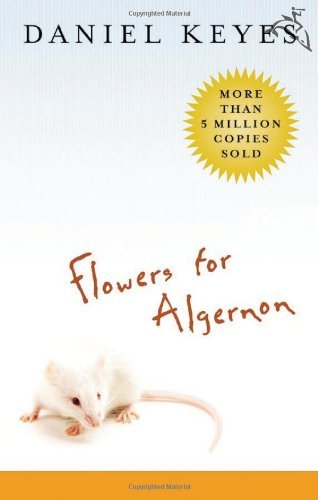
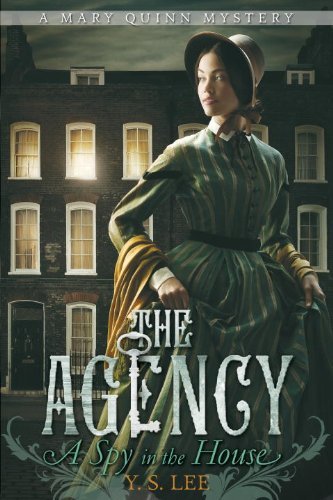
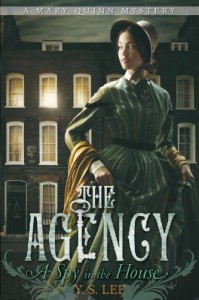
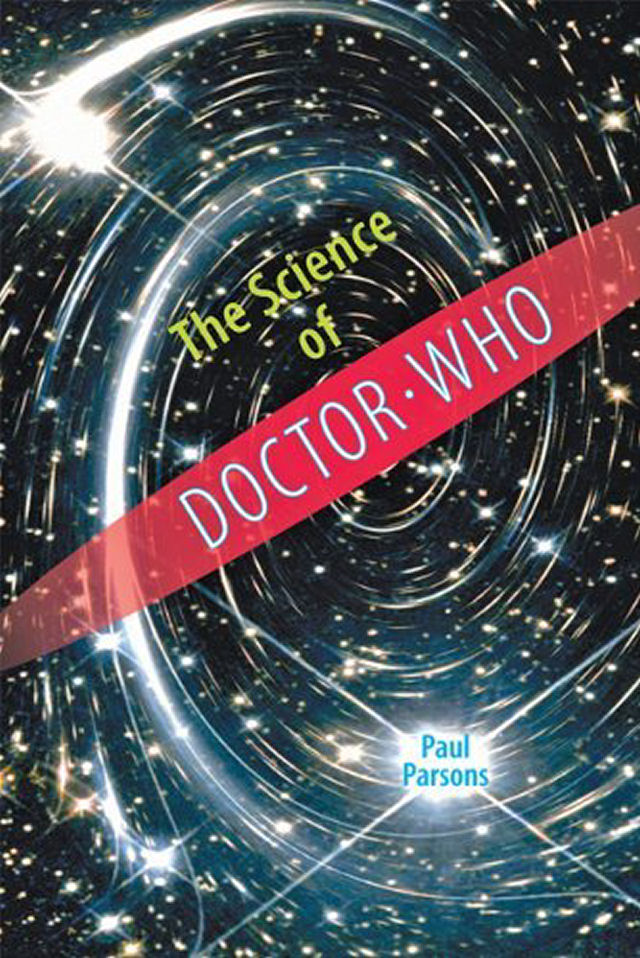
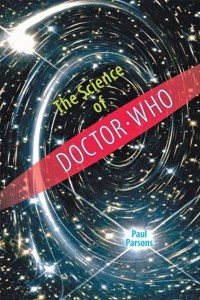
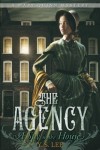 The Plot
The Plot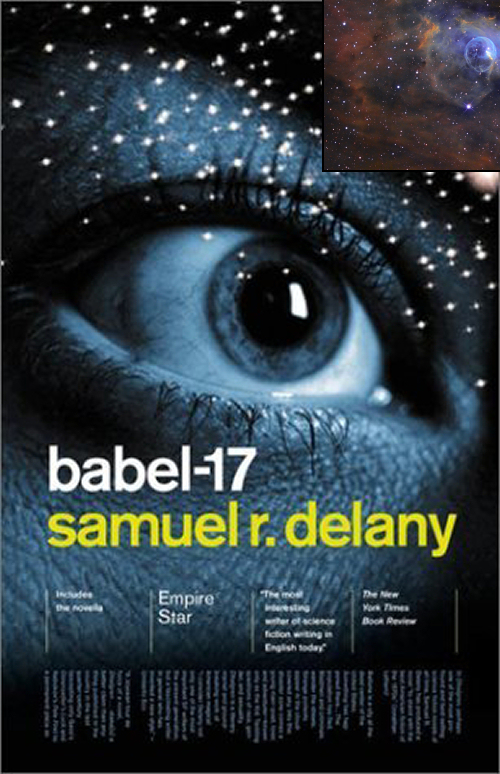
 The Alliance has been the target of a series of mysterious and troubling attacks. The military has managed to capture some chatter from the attackers, but they’ve been unable to break the code. Former analyst Rydra Wong is asked to help, though she left the service some time ago to pursue a new career as a poet. Wong brings her own unique talents to bear on the “code” and soon discovers it’s not a code at all — it’s a new and unknown language so special it can literally speed up the thoughts of anyone who uses it for thinking. But is there more to it than that?
The Alliance has been the target of a series of mysterious and troubling attacks. The military has managed to capture some chatter from the attackers, but they’ve been unable to break the code. Former analyst Rydra Wong is asked to help, though she left the service some time ago to pursue a new career as a poet. Wong brings her own unique talents to bear on the “code” and soon discovers it’s not a code at all — it’s a new and unknown language so special it can literally speed up the thoughts of anyone who uses it for thinking. But is there more to it than that?